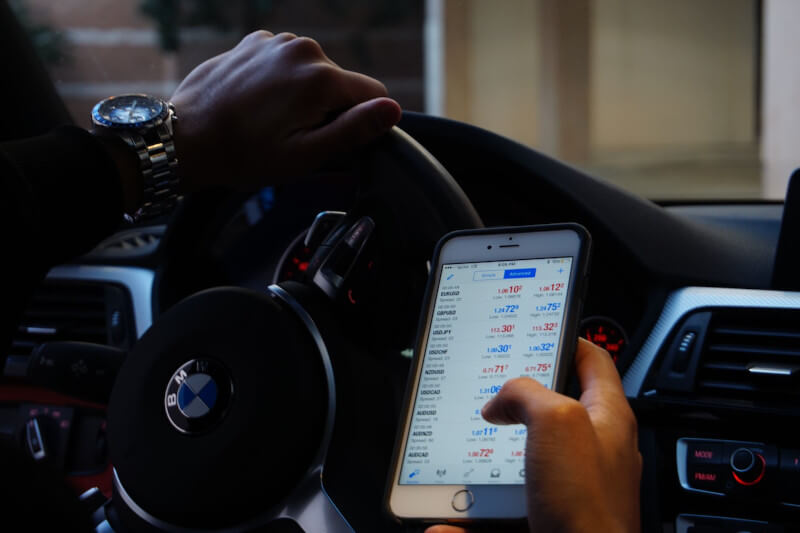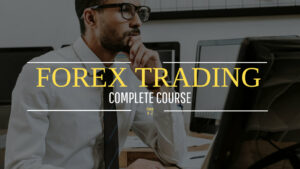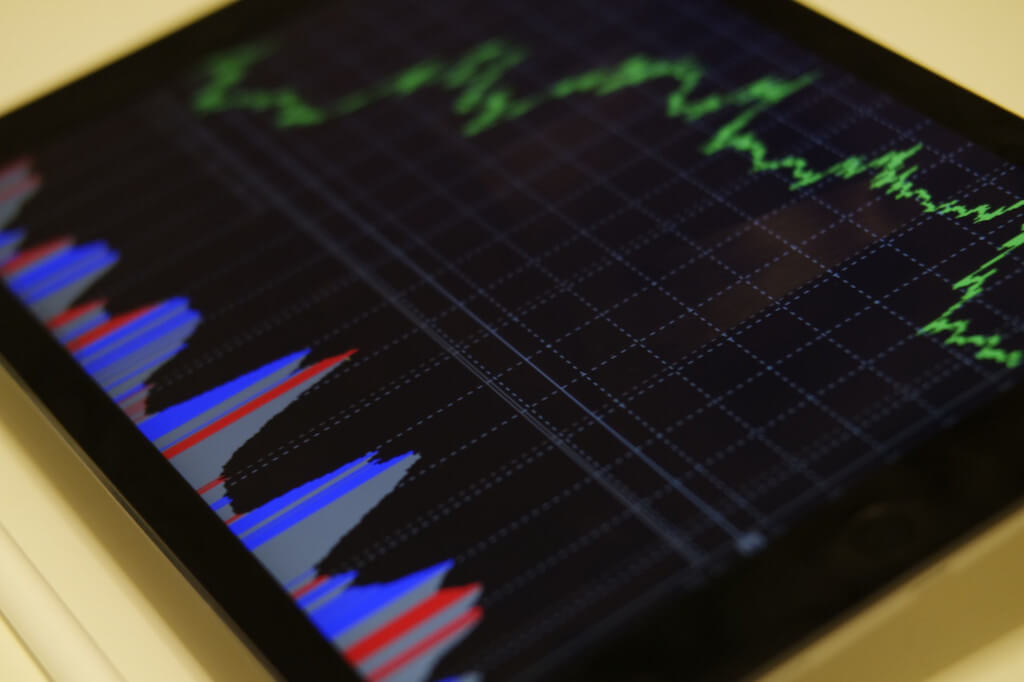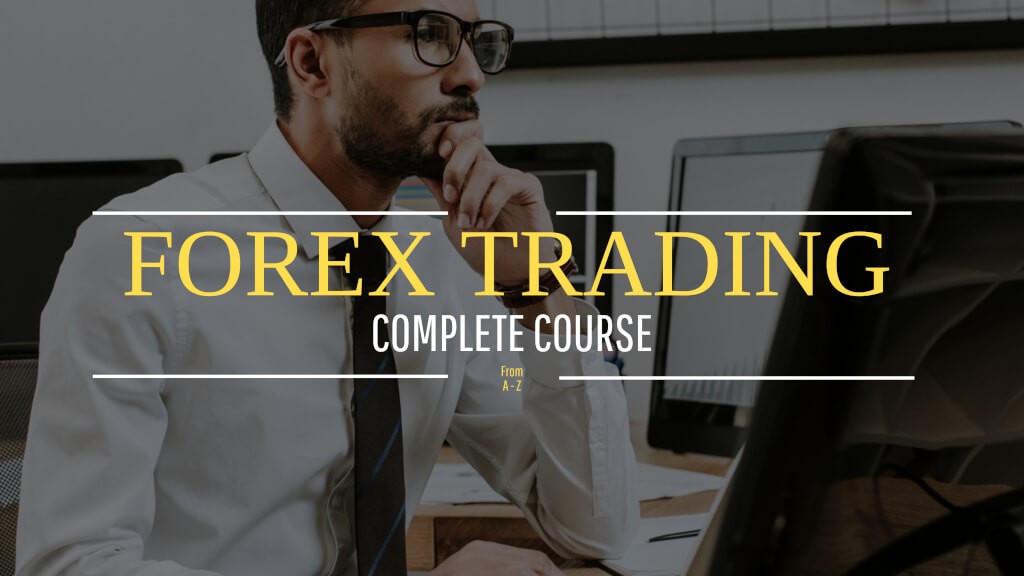In order to conduct business in South Africa, a foreign exchange broker is required to be licensed and governed by the FSCA. As was the case with JP Markets a year ago, the Financial Services and Commodities Authority (FSCA) is a governing authority that has the ability to close down brokerage firms if it has reason to believe that the firms have been deceiving their customers or acting in an illegal manner.
The Financial Sector Conduct Authority (FSCA) may have the power to implement regulatory requirements and close down poorly behaving brokerage firms, but this does not guarantee that they will detect every con artist who attempts to defraud South Africans of their hard-earned cash. There are plenty of independent scammers who use foreign exchange trading as a false pretense to defraud their innocent people for every dishonest broker there is on the Forex market. To prevent yourself from becoming a victim of a scam and to locate a trustworthy Forex broker with which to trade, thankfully, there are a handful of straightforward steps that can be taken.
Carry Out Your Own Investigations
According to the findings of a research study that was carried out in the year 2020, Instagram and Facebook have been the origins of far more than fifty percent of all Forex scam artists. These scams were primarily perpetrated by individuals who used social networking sites as a feeding ground for naive victims. It is common knowledge that Instagram and Facebook both have issues when it comes to the regulation of content. Both businesses have a poor track record when it comes to banning users who have been suspected of engaging in fraudulent activity and frequently miss the opportunity to prevent scams from occurring in the first place.
Conducting your own independent research is the most effective strategy for avoiding falling prey to this snare. The Financial Sector Conduct Authority (FSCA) keeps a database of all governed Forex traders who are accredited to conduct business in South Africa. Any broker or individual who offers financial assistance in South Africa is required to sign up as a Financial Service Provider (FSP), and the web pages of all reputable brokers will include the FSP number at the bottom of the page. Analyze meticulously before severing ties with any funds to anyone who approaches you on social networking sites, such as Facebook, Snapchat, WhatsApp, or Telegram.
Ensure That Your Broker Is a Licensed Operator
The Financial Sector Conduct Authority (FSCA) is the regulatory body in South Africa; however, there are numerous other regulatory bodies around the world. You can deem it secure to trade with your broker even if the FSCA does not govern them as long as they have a license from any other authorities around the world . Be wary of brokers who claim to be “registered” in places like the Marshall Islands, St. Vincent, and the Grenadines, or Vanuatu. In spite of the fact that these low-population small countries do issue business licenses to forex brokers, they don’t really exercise any kind of control, regulation, or authority over the industry. Trading with unrestricted brokers is fraught with risk because investors have no assurance that they will not be taken advantage of, and in the instance of a dispute, investors have no recourse for recouping their losses and recouping their capital.
Ensure That the Demo Version of Your Broker’s Account Doesn’t Expire

Demo trading options are provided by every Forex broker. Demo accounts give novice traders a taste of the real industry, but with virtual currency. This provides a risk-free means of learning how to trade, experimenting with various assets, and testing out new trading strategies. Regrettably, the demo accounts offered by some brokers have a time limit, which is typically between two and four weeks. Following the conclusion of this trial period, the demo account will be closed, and novice traders will be required to open a proper account and start trading with their own funds.
Trading foreign currencies are difficult, fraught with peril, and calls for deep comprehension of economics and finance as well as technical analysis and the trading system that is employed. It is not a skill that can be picked up in the space of a few short weeks. When searching for a reliable broker, it is important to make sure that their demo account offers unrestricted practice trading. Even after novice traders have graduated to trading with a regular account and their personal money, the use of unrestricted demo accounts to try out new trading strategies is still extremely helpful.
Determine the Cost of Trading With Your Broker
The connectivity to the Forex market that forex brokers offer traders is one of the services for which they charge a fee. When you add up all of these charges, you will have the total cost of trading. Because the costs of trading can vary greatly from one broker to the next, it is essential to always perform an accurate cost analysis before making any financial commitments. Although the initial payment is the most noticeable expense for a trader, this does not count as a fee. The money that you will be trading with is referred to as the deposit, and it won’t be given to the broker; rather, it will be retained in a brokerage account by the trader. The expansion, the commission, and the late-night switching fee are the three most important fees that brokers charge their customers.
The distinction between the price at which an asset is sold and the price at which it is purchased is referred to as the spread, and it is assessed in pips. When the spread is narrower (also referred to as “tighter”), the cost of placing a trade will be lower. Some brokers will give very strict spreads (occasionally going as low as 0 pips), but they will start charging a commission in place of the spread. When a trade is opened, the commission is charged, and an additional commission is billed when the trade is complete. The sum of these two commissions is referred to collectively as the “round turn” commission.
The overnight swap fee is the final fee to consider. This is the fee that the broker will charge for maintaining an open trading position throughout the night. Because the swap fee varies from broker to broker, it is important to verify the current rate before leaving a trade open overnight.
When calculating the costs of trading, it is standard procedure to examine the spread and commission associated with the transaction of one lot (100,000 units) of EUR/USD. Since the EUR/USD currency pair is the most actively traded currency pair in the world, the spread on this pair should be the lowest of all the currency pairs that are made available by a forex broker. Either the EUR/USD spread will be below 1 pip and there will be no commission, or the EUR/USD spread will be around 0.1 pips and the round turn commission will be between $6 and $7. A good Forex broker will have one of these two options.
Conclusion
It is essential to keep in mind that a trading forex is a form of high-risk speculation and that the majority of forex traders in South Africa end up losing money. Traders who want to be powerful in the foreign exchange market ought to approach it with extreme care, dignity, and an eagerness to learn. Collaborating with a disreputable forex broker is not something that should be done because it is not necessary to make forex trading even riskier than it already is.

Silver has long played a supporting role to gold, but its growing industrial demand and…

🌟 Welcome to Your Next Big Investment Move🌟 Designed to boost your trading prowess, this…

If your business is rapidly expanding, you may be considering some low-cost strategies for expanding…

Step into the exciting realm of digital marketing tailored especially for ambitious moms like you!…





